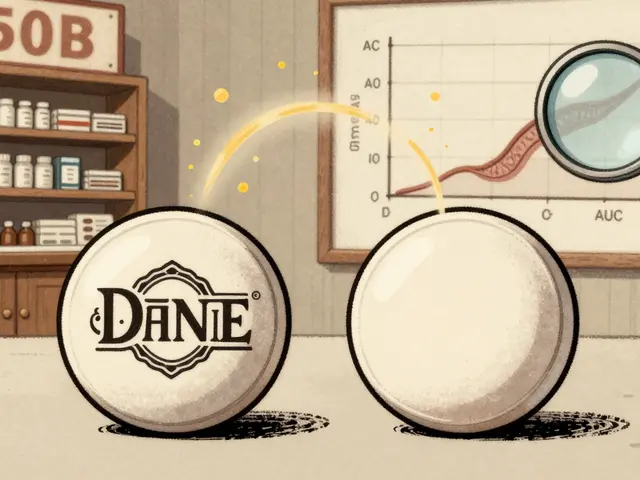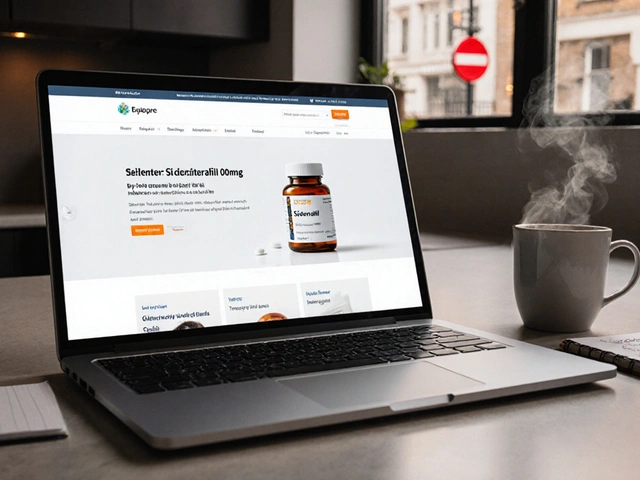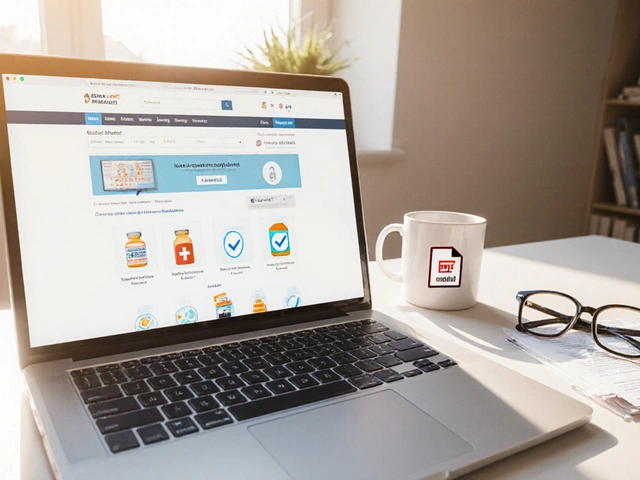Lisinopril Substitute Over the Counter: What Works and What Doesn’t
If you’re looking for a way to keep your blood pressure in check without a prescription, you’re not alone. Lisinopril is a popular ACE inhibitor, but not everyone can get a prescription or wants to stay on a daily pill. Below we break down the most common over‑the‑counter (OTC) options, what they actually do, and when you should still see a doctor.
Common OTC Choices
First up, lifestyle and supplement picks that you can buy without a script.
Potassium‑rich foods – bananas, oranges, and leafy greens help balance electrolytes and can ease the strain on your heart. They won’t replace lisinopril, but they support normal blood‑pressure numbers.
Coenzyme Q10 (CoQ10) – a natural antioxidant that some studies link to modest blood‑pressure drops. The typical dose is 100‑200 mg a day. It’s easy to find at any pharmacy.
Garlic supplements – aged garlic extract has been shown to lower systolic pressure by a few points in some people. Look for a product that guarantees a minimum of 600 mg of allicin per dose.
Omega‑3 fish oil – EPA and DHA help keep arteries flexible. While the effect isn’t huge, taking 1‑2 g daily can be a helpful part of an overall plan.
Magnesium – many adults don’t get enough. A 300‑400 mg magnesium citrate supplement can help relax blood vessels and might shave off a few mmHg.
All these options are available over the counter, cheap, and have a good safety record when you follow the label. Remember, they work best when paired with a low‑salt diet, regular exercise, and weight control.
When to Seek a Doctor
OTC picks are great for mild, borderline hypertension, but they aren’t a cure for high blood pressure that’s already out of control. If your reading stays above 140/90 mmHg, or you have a history of heart disease, you need professional guidance.
Also, watch out for interactions. Some supplements, like high‑dose potassium, can clash with other meds you might be taking. A quick chat with your pharmacist or doctor can prevent nasty side effects.
Finally, if you’re already on lisinopril and want to stop, don’t just drop it. Your doctor can taper you safely and may suggest an OTC alternative if it fits your health profile.
Bottom line: over‑the‑counter blood pressure aids can support a healthier lifestyle, but they’re not a full replacement for prescription ACE inhibitors. Use them wisely, stay informed, and keep your doctor in the loop when numbers don’t improve.
OTC Substitutes for Lisinopril: Top Natural Options and Evidence-Based Approaches
Explore proven OTC substitutes for lisinopril and lifestyle choices that can help control high blood pressure. Learn what actually works, backed by real evidence.





